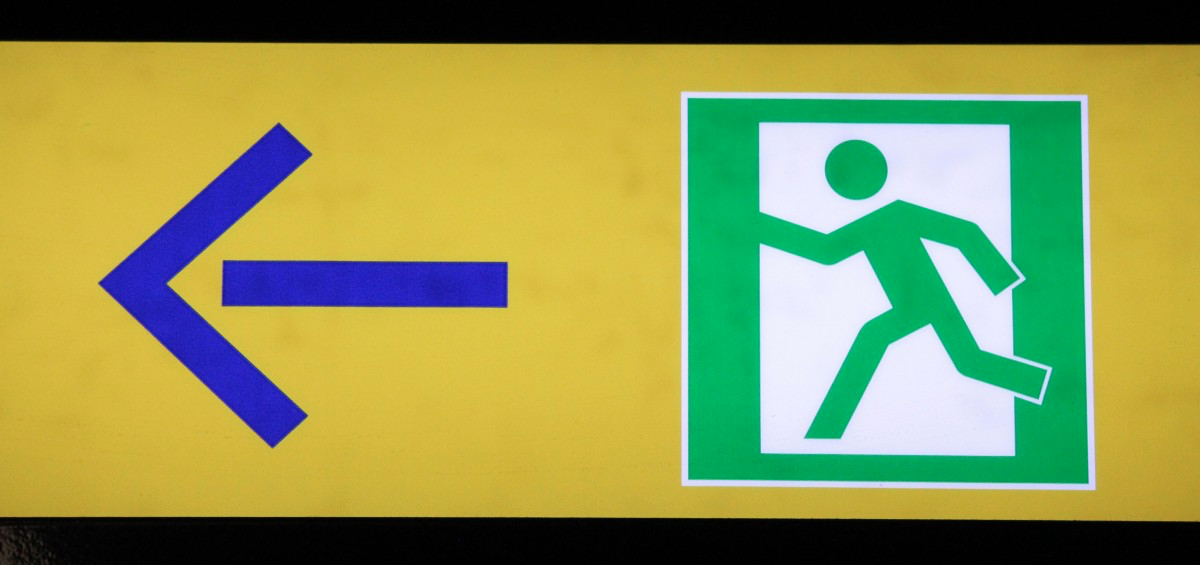Europe is at the same time too close and too far removed from the US. Because we generally speak the same language (English) and we read the same newspapers and blogs, information crosses the Atlantic fast and we in Europe are always caught up in what’s happening in the US. At the same time, Europe’s startup ecosystem is still lagging behind that of the US, which means that our tech companies grow slower, capital and talent are scarcer and the environment is generally more adverse.
And so the two ecosystems follow the same beats, yet one of them is always a few steps behind. For Europe, the result of this discrepancy is a negative feedback loop. When things are going well the US races ahead because it concentrates everything that is needed to build large tech companies at the frontier. On the other hand, when things are going badly, as in the aftermath of the WeWork debacle, the two ecosystems both come to a halt at exactly the same time.
This means Europe never uses these US-originating downturns to make its own leap forward and finally catch up. When the music in the US is playing, we Europeans are dancing, too, albeit more clumsily and in the background. When the music stops, instead of turning on our own stereo, we stop dancing at once and miss the opportunity to keep practicing and improving.
The rise and fall of the latest generation of 'unicorns' is a case in point. The aftermath of the 2008 crisis has seen the rise of a new breed of hybrid tech companies. Like Tesla in automotive, Airbnb in hospitality, Uber in transportation, Flexport in shipping and WeWork in real estate, they mix software with tangible assets, embodying Marc Andreessen’s idea of software “eating the world”. It’s not about making the entire economy virtual. Rather it’s about leveraging tangible assets with software and discovering new business models in the process.
Now, alas, these unicorns are suffering from a bad rap. Because several initial public offerings have not gone as well as expected and WeWork could go down in flames, the music sounds like it’s coming to a halt. Now we’re all engulfed—in Europe as in the US—in discussions about how it was all a bubble, why those companies will never make a profit, and how we should all renounce high ambitions and capital-hungry ventures.
Yet those hybrid models combining software and tangible assets can actually provide Europe, the fragmented continent, with a real competitive advantage. They also make sense from a strategic perspective. Tangible assets come with a cost: the more you invest in them, the heavier and slower you become. But they also bring about prized defensibility. And that’s where software can come in to compensate with increasing returns to scale: deploying technology platforms and collecting user-generated data provide the additional oxygen that makes it possible for these heavier, tangible organisations to keep on scaling.
Companies like Amazon epitomise what hybrid companies are all about. Good luck to anyone competing with Amazon now that it has tied up so much capital in warehouses and hired so many employees close to the large cities where consumers are concentrated: their business is now strongly defended. But Amazon has also managed to offset the exhaustion that usually comes with piling up too many tangible assets and too many employees because they’ve continually managed to recover oxygen thanks to their state-of-the-art use of software. And so their business is also highly scalable.
Amazon shows us that a thriving hybrid is possible, even if it takes a long time and many iterations. The key is deploying the infrastructure and adjusting the parameters to effectively have the best of both worlds: scalability thanks to software, and defensibility thanks to tangible assets and employees. If Amazon was able to do just that in retail and logistics, there’s no reason why it isn’t possible in other tangible industries such as hospitality, transportation, shipping, healthcare, and real estate.
This is why Europe must at all costs avoid drawing the wrong conclusions from the fall of those unicorns—namely, that there’s nothing to find there and so we Europeans would be better off shunning the dance and going back to business as usual. The history of the past ten years has been one of trial and error. WeWork might be an error, but the fact that they have stumbled doesn’t mean that the music stops. On the contrary, it means that we now have a better understanding of what it takes to build a successful hybrid in a difficult industry — and we in Europe shouldn’t stop pushing even if the US decides to take a short break.
Indeed, make no mistake, the US will only pause for a little while (if at all) and then resume the dance, eventually finding the right software formula for difficult tangible industries such as transportation and real estate. This is why we Europeans shouldn’t pay too much attention to the ups and downs across the Atlantic. We can’t be satisfied with simply having our own tempo; just like China, we should be willing to dance to our own music.


